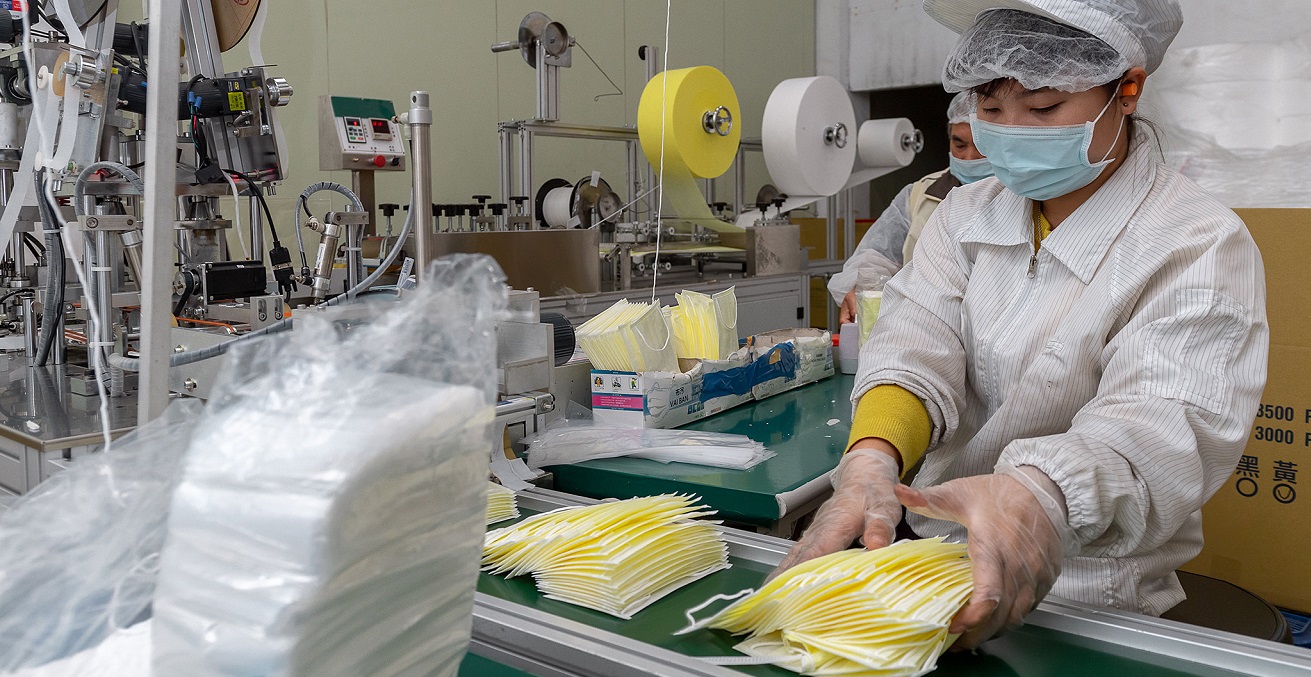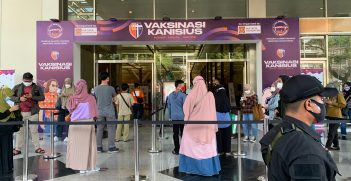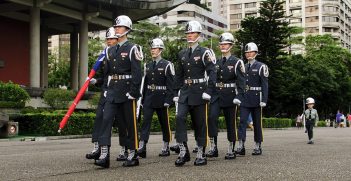Will “Coronavirus Diplomacy” Make any Difference?

The Coronavirus public health emergency that began in late 2019 in Wuhan, China has certainly dominated international affairs since it emerged. Going forward, how countries interact with one another will have to be carefully considered.
It seems that no other single event has had such a massive global impact – wanted or not – yet many of the impacts of this public health crisis seem to be overwhelmingly negative. Suggestions that this pandemic constitutes an “international security crisis” seem somewhat far-fetched but persist. Nevertheless, opportunities have inevitably arisen for “Coronavirus diplomacy” to be practised following the World Health Organization’s 11 March 2020 declaration of COVID-19 as a pandemic.
China itself did not ignore the opportunities to explore the scope for Coronavirus Diplomacy with its neighbours, and for a time at least – during March and April 2020 – seemed to have legitimacy on its side. For example, China received a multilateral international mission by health authorities in early 2020, which concluded that other countries were “simply not ready” to take the problem seriously. Moreover, during that period, regional countries seemed ready to collaborate with China, despite what was being said about China in places such as the United States, Australia, and Europe. China also offered to cooperate with other countries on virus research.
But sometimes, cooperative plans were derailed. For example, when supply-chain shortages for personal protective equipment (PPE), such as masks, gloves, gowns, and ventilators, occurred in some developed countries, some observers were quick to point an accusatory finger at China. In some fields of PPE, such as ventilators, China was already part of a preexisting supply chain, but in other fields, such as gloves and gowns, China lacked manufacturing capacity.
One conclusion from such interactions could be that China saw the Coronavirus as a matter for international cooperation, following on its own provision of the COVID-19 genome sequence in February 2020. But this is not the message emerging from the “Washington Swamp” of US President Donald Trump, where many conspiracy theories allege Chinese complicity in weakening the West have developed. Secretary of State Mike Pompeo continues to insist on the guilty role of the Wuhan Institute of Virology. These theories not only present China in a negative light but are seen by powerful private think tanks as reflecting China’s desire to be an outright competitor of the United States. Pompeo’s insistence that an “investigation” go further in attributing blame for the virus might be due to inarticulate racism, or Pompeo’s own evangelical extremism, which seems to be the main reason for his complete support for President Trump, since no other links between Trump and Pompeo have been reported.
However, other countries still saw cooperation with China over vaccine development as a basis for formal collaboration and, for its part, China has not rejected such overtures. For example, on 22 April, the Malaysian government announced that it would support development of a Coronavirus vaccine with China. Later, on 5 May, in Brussels, the European Commission hosted a joint funding commitment event for vaccine development, which China attended. Several countries – not only from Europe – offered to contribute individually to research on a Coronavirus vaccine, even though the efficacy of any vaccine is yet to be established.
The Australian Government had previously announced that it was prepared to contribute AUD 5 million to vaccine development. Moreover, the Australian government, in some of its other public communications about the public health crisis, seemed quite prepared to set up cooperative arrangements in screening or testing, establishing an “emergency stockpile” of PPE, creating respiratory centres and fever centres, and ultimately, vaccine development. Whether or not China is receptive to such avenues of cooperation is not clear, as many governments are predictably preoccupied with their Coronavirus responses.
Given its geographical location, Australia might face complications in securing satisfactory supply chains. Sufficient weight must be given in these supply chains to non-economic priorities, such as quality of production, timeliness of delivery, and compliance with environmental standards. Some complications may be unavoidable; some may not suit Australian needs. Exposed to the vagaries of commercial competition, some Australian concerns may not prevail. Nationalistic sentiments probably don’t carry much weight in such discussions, but it may be important for national government interests to be understood clearly and thoroughly at an early point.
Assessing China’s actions
From 2019, international media were representing China’s Pacific regional diplomacy as a strategic challenge. Later, however, China was singled out in some circles for pursuing what some commentators described as “Wolf Warrior diplomacy,” referring to two films, released in 2015 and 2017, belonging to a long-established genre of popular Chinese “patriotic action” movies. These films typically depict exaggerated violence and bravado, but little in the way of plot. The Wolf Warrior films featured the same producer, director, and star, Wu Jing, who is not known for making high-quality films. The films won prizes at Asian film festivals for the highest box-office earnings, rather than for their artistic merit. A memorable line from the 2017 film, states that “Anyone who offends China should be exterminated,” which some commentators argued, reflected current Chinese government views. However, there is no evidence of Chinese President Xi Jinping, or other members of China’s leadership, having any direct association with these films.
Of course, to be effective as public diplomacy, certain preconditions may be necessary to bring on board China’s regional friends and neighbours, who conceivably might see their way to practice Coronavirus diplomacy jointly. For example, most counties would need to preserve a small degree of openness about the start-up of regular measures involving members of their own population. This might mean showing street scenes where law enforcement officers may be present. There might also need to show the removal of contaminated waste over a predetermined area. In addition, a degree of openness about what has been happening in China might well be necessary, without precluding any military options. This could include filming images of the relevant area freely, and without censorship. But it might also include filming interviews with affected people, regardless of their political point of view.
A prime purpose of such openness, would be to emphasise that this was a shared crisis, that the source country had nothing to hide, that experiences might be similar, and to demonstrate that the source country itself was experiencing some hardship. Showing some of these on international television, might be unusual, but might also be vital. Cooperation in the development of maintenance of law and order.
Trevor Wilson is a retired Australian Foreign Service officer formerly from the Australian National University, Canberra.
This article is published under a Creative Commons Licence and may be republished with attribution.





